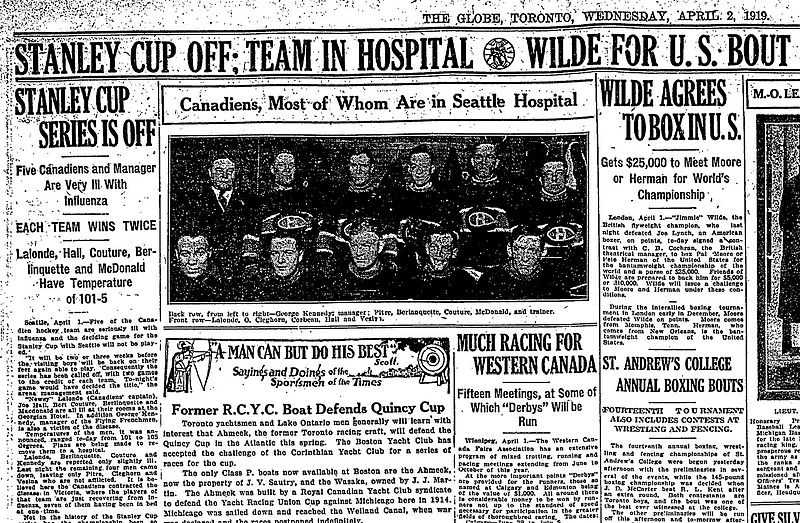THE SPORTS world has been scrambling to deal with the effects of the Coronavirus Disease 2019 (COVID-19). Players have been quarantined. The English Premier League recently banned pre-match handshakes. The NBA has even released a memo to players cautioning them to limit their interaction with fans. And, of course, the postponement or even the cancellation of the Tokyo 2020 Olympics looms heavily above everyone’s heads, despite assurances that the quadrennial sporting event will push through.
Locally, COVID-19 has been the culprit behind a number of adjustments, postponements, and cancellations. The UAAP has been hit thrice — first, with the delay of the start of its second semester competitions, and then, with the recent spate of new cases forcing the Juniors Basketball Championships to be held behind closed doors. And then just today, the UAAP has suspended all sports events until March 14.
[ArticleReco:{"articles":[100643], "widget":"See Also"}]
The NCAA is currently mulling canceling all its events. And Marikina City has gone ahead and canceled the hosting of the Palarong Pambansa altogether.
[ArticleReco:{"articles":["100622","100485","100631","100621"], "widget":"More from spin"}]
With news reports of confirmed cases coming alarmingly fast, it won’t be long before other sporting events will be postponed, if not canceled altogether.
This poses legal complications to the underlying contracts that sports events are built on. These contracts can be sponsorship contracts between the organizer and corporate sponsors, lease contracts between the organizer and the venue-owner, licensing agreements between rightsholders and media companies, contracts between the ticketholders and organizers, even a security contract between a venue-owner and a security agency. The list goes on.
A canceled event affects all of these contracts. So, what happens to all these contracts when COVID-19 rears its ugly head and an organizer is constrained to cancel an event? Can a party sue the organizer for cancelling an event because of COVID-19?


Barring a few exceptions, the quick answer is no. COVID-19 can be considered a fortuitous event that excuses performance of an obligation or contract.
Article 1174 of the Civil Code of the Philippines states, “except in cases expressly specified by the law, or when it is otherwise declared by stipulation, or when the nature of the obligation requires the assumption of risk, no person shall be responsible for those events which could not be foreseen, or which though foreseen, were inevitable.”
This simply means that, generally, there’s no liability for a fortuitous event.
So, what is a fortuitous event? And can COVID-19 be considered as one?
The Supreme Court has given the four essential characteristics or requisites of a fortuitous event:
1. the cause of the breach of the obligation must be independent of the will of the debtor;
2. the event must be either unforeseeable or unavoidable;
3. the event must be such as to render it impossible for the debtor to fulfill his obligation in a normal manner; and,
4. the debtor must be free from any participation in or aggravation of the injury to the creditor.
The onslaught of COVID-19 checks all the boxes.
First, the cause of the canceled contracts or breached obligations is independent of the will of the debtor — in this case, the organizer. As far as we know (and wacky conspiracy theories aside), COVID-19 was not caused by organizers.

Second, the “coming” of COVID-19 into the Philippines was unforeseeable or unavoidable. Of course, there will be arguments that the authorities could and should have foreseen it and done measures to prevent the spread within our shores. But in either case, the organizers could not have predicted months and even years ago — when these contracts were presumably made — that a disease of a highly contagious nature would ravage most of the world.
Third, the borderless assault of COVID-19 has virtually made it impossible for organizers to fulfill their legal duty to ensure the health and safety of both the participants and spectators of these events.
Fourth, the organizers have not participated in or aggravated any injuries caused to the other parties in the contracts. In fact, the cancellation actually prevents further harm by protecting everyone from possible exposure to COVID-19.
Note that Article 1174 enumerates three exceptions when a debtor such as an organizer may still be held liable for canceling an event because of COVID-19, but these will have to be applied in a case-to-case basis. The general rule remains: there should be no liability for cancellations because of COVID-19.
While the four requisites are all complied with, there is admittedly no local judicial precedent classifying the spread of a disease as a fortuitous event (at least to my knowledge). There is, however, a precedent in sports.

In 1919, the deadly Spanish flu cut short the Stanley Cup finals between the Montreal Canadiens and the Seattle Metropolitan. There was one deciding game left to be played. Several players fell ill. One player even died.
While the mortality rates of the Spanish flu and COVID-19 are different, organizers and stakeholders would do well to remember the 1919 Stanley Cup, err in the side of caution, and postpone or cancel games and events.
In any case, they can rely on Article 1174 for protection.
Mickey Ingles is a leading sports lawyer working in the law firm of Ingles Laurel Calderon. He is the author of the country's first and only book on sports law, Laws for Sports and the Sporty. He also teaches Emerging Issues in Sports Law in the Ateneo Law School.
Source: Spin PH
0 comments: